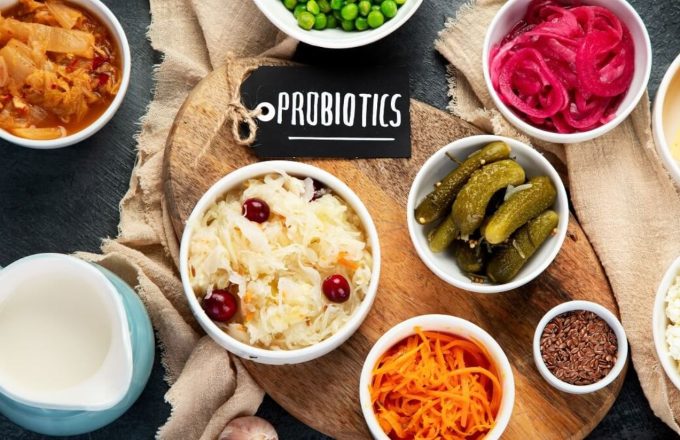The American Heart Association (AHA) has issued an important update to its dietary guidelines, warning that a high intake of ultra-processed foods is clearly linked to a greater risk of cardiometabolic diseases. These include cardiovascular events such as heart attacks, strokes, type 2 diabetes, obesity, and increased overall mortality.
What stands out in this new approach is that ultra-processed foods are not considered strictly off-limits. The AHA acknowledges that some exceptions can be part of a healthy diet, provided they are consumed in moderation and within a balanced eating plan.

This nuance marks a shift toward a more realistic and flexible perspective on nutrition:
The focus is not on demonizing entire food categories, but on evaluating their impact within the broader dietary pattern. While scientific evidence shows that a high intake of ultra-processed products can significantly raise the risk of heart disease and mortality, some items, such as certain packaged breads or yogurts, may not be as harmful as once believed.
The key takeaway is that nutrition should be seen in context. Occasional consumption of specific ultra-processed foods may be compatible with good health, but excessive intake remains a clear risk factor.
Does this mean I can keep eating ultra-processed foods without harm?
Not exactly. The key lies in moderation and overall diet quality. While high consumption increases cardiovascular risk, occasional intake within a diet rich in fresh, nutrient-dense foods is unlikely to cause significant harm.













